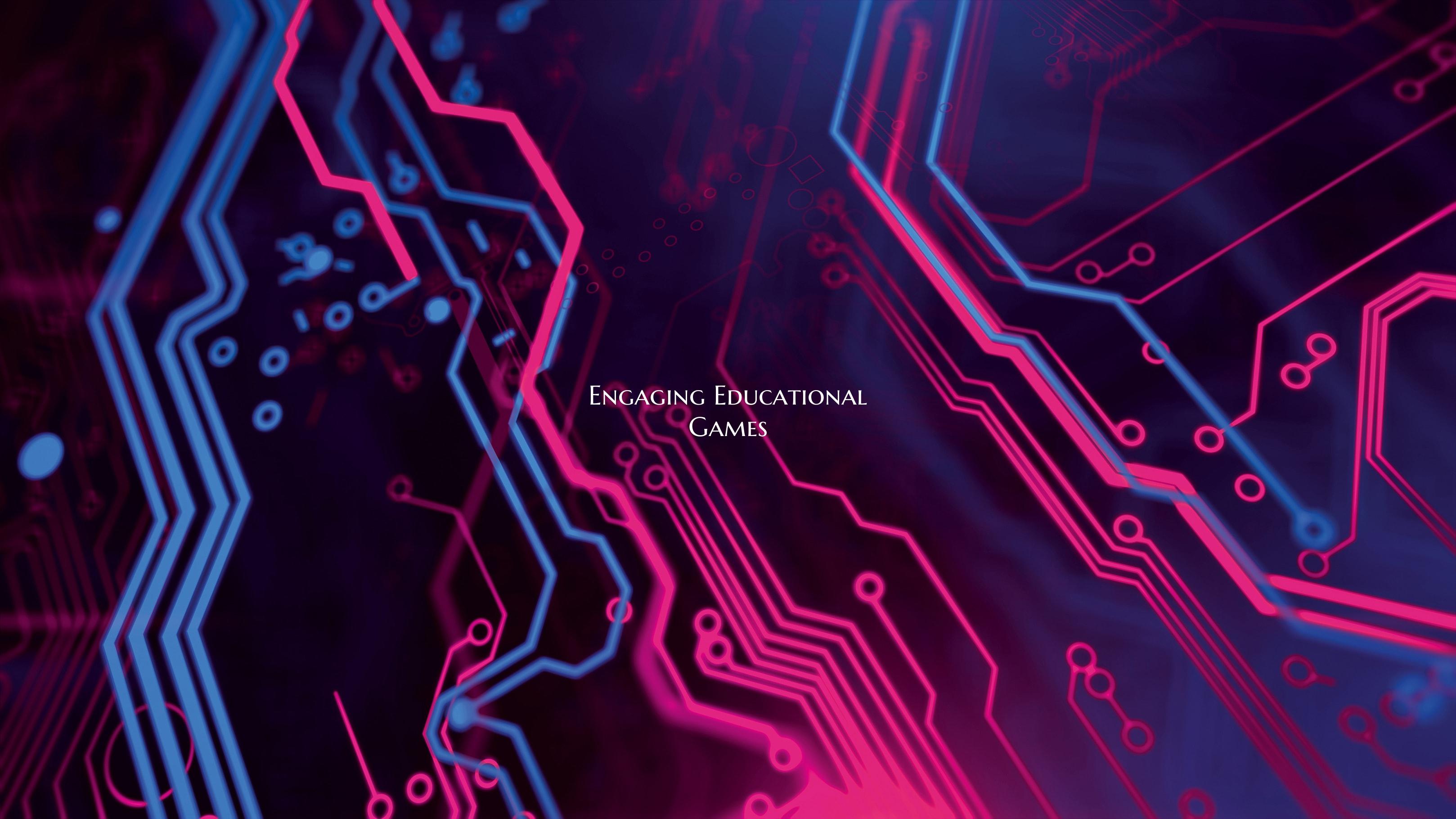Engaging Educational Games
Introduction:
In recent years, educators and parents have increasingly recognized the power of engaging educational games in supplementing traditional teaching methods. These games offer a fun and interactive way for learners of all ages to acquire new knowledge and skills while enjoying the process. By blending entertainment with education, these games have the potential to enhance engagement, motivation, and retention of learning content. Let's delve deeper into the world of engaging educational games and how they are shaping the landscape of modern education.
Benefits of Engaging Educational Games:
1. Active Learning: Educational games promote active learning by requiring participants to make decisions, solve problems, and apply critical thinking skills in a dynamic environment. This hands-on approach not only reinforces learning concepts but also fosters a deeper understanding of the subject matter.
2. Motivation and Engagement: By incorporating elements of competition, rewards, and challenges, educational games captivate learners' attention and keep them motivated to progress through the game. This intrinsic motivation encourages perseverance and a positive attitude towards learning.
3. Skill Development: Educational games are designed to help learners develop a wide range of skills, including problem-solving, teamwork, decision-making, and time management. Through gameplay, individuals can practice and improve these skills in a safe and supportive setting.
4. Personalized Learning: Many educational games offer adaptive features that adjust the difficulty level based on the player's performance. This personalized approach ensures that each learner receives content tailored to their abilities, promoting individualized growth and progress.
Examples of Engaging Educational Games:
1. "Prodigy Math Game": This popular math-based game engages students in mathematical challenges and battles that help reinforce key concepts covered in the curriculum. By progressing through the game, players improve their math skills and build confidence in their abilities.
2. "CodeCombat": Designed to teach coding and computer science fundamentals, CodeCombat is a game-based platform that immerses players in a fantasy world where they must use programming skills to overcome challenges. This hands-on approach makes learning to code interactive and engaging for learners of all levels.
3. "Minecraft Education Edition": Minecraft, a sandbox video game, has an educational version that allows teachers to create immersive learning experiences for students. From building historical landmarks to exploring scientific concepts, Minecraft Education Edition fosters creativity, collaboration, and critical thinking skills.
Conclusion:
Engaging educational games offer a powerful tool for educators to enhance learning outcomes, foster critical skills, and inspire a love for lifelong learning. By harnessing the inherent appeal of gameplay, these educational tools make complex concepts more accessible and enjoyable for learners of all ages. As technology continues to advance, the potential for educational games to transform the way we teach and learn is limitless. Embracing the marriage of education and entertainment, we can create a more engaging and effective learning experience for the next generation.

